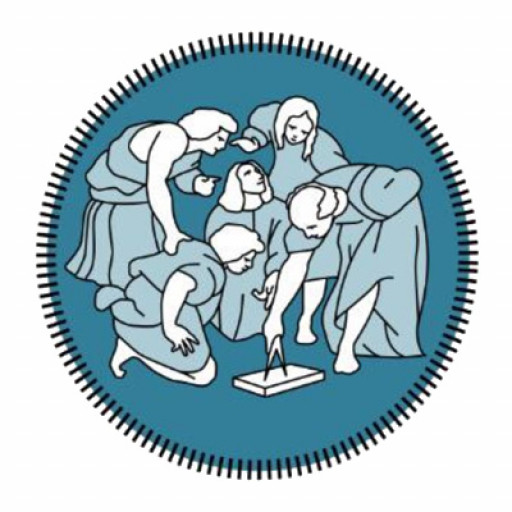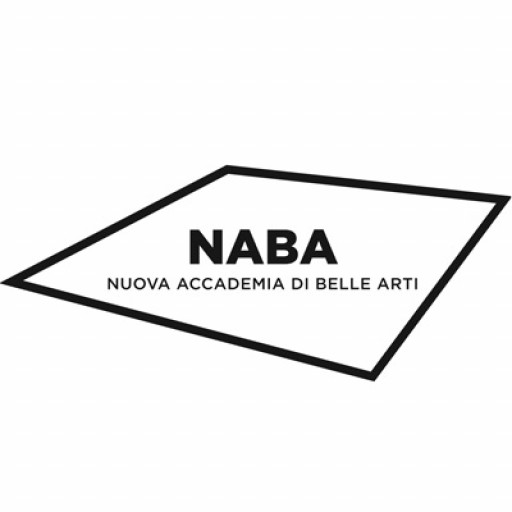Photos of university / #carnegiemellon
Advanced Architectural Design (MAAD) at Carnegie Mellon University is a specialized graduate program dedicated to advancing the practice and understanding of contemporary architecture through a rigorous, innovative, and interdisciplinary approach. This program is designed for students who seek to deepen their design skills, explore the boundaries of architectural thinking, and engage with complex urban, environmental, and technological challenges facing today’s built environment. Students in MAAD are encouraged to develop a unique voice and a robust analytical capacity, integrating theory, technology, and sustainability into their design processes.
The curriculum combines intensive studio work, seminars, and research projects that foster critical thinking and experimentation. Participants have access to state-of-the-art laboratories, fabrication facilities, and digital tools that enable cutting-edge development of architectural concepts. The program emphasizes the importance of context, materiality, and innovation, aiming to produce architects equipped to lead in academia, industry, and public discourse. Collaboration is integral, with opportunities to work alongside students from related disciplines, including urban planning, landscape architecture, and engineering.
Faculty comprised of distinguished architects, researchers, and industry professionals provide mentorship and guidance, encouraging students to push creative boundaries and address real-world issues through design. The program also emphasizes sustainability, resilience, and social responsibility, ensuring that graduates are prepared to contribute meaningfully to the evolving landscape of architecture and urbanism. Upon completion, students will have produced a comprehensive body of work demonstrating their mastery and inventive capacity, suitable for advancing their careers in academia, professional practice, or further research. The MAAD program at Carnegie Mellon University is committed to fostering innovative, responsible, and visionary architects prepared to shape the future of built environments worldwide.
MAAD’s curriculum centers on thematic topics and associated design studios that are initiated by the core faculty to explore emerging themes, techniques, and cultural conditions.
The experimental design studios in the first year are accompanied by a core of required courses to provide a foundation in technique and application. Program-specific pro-seminars introduce contemporary discourse and situate the research topics in larger contexts. A diverse range of elective courses, offered internally and from across campus, are offered throughout the program.
These design studios and courses help prepare students for one of the distinguishing features of the MAAD program:
a year-long, independently determined, but closely mentored, design research project in the second year. This capstone project leverages the power, creativity, and speculative nature of the design process to generate new knowledge, ideas, understanding, practices, or paradigms.
The extended time frame allows adequate background research, extensive methods and tools preparation, and professional documentation of the process and results.
MAAD is intended for early- to mid-career professionals who already hold an architecture degree (B.A, B.S, B.Arch, M.Arch, or international equivalent). Qualified candidates must demonstrate a familiarity with the proposed field of study and a high level of design ability.
This should be made evident through a statement of interest, a portfolio of design and research work, a transcript from the professional degree granting institution, and a CV. The statement of interest should indicate why the applicant would like to enroll in the program, who amongst the faculty they would like to work with, and what topics they could envision pursuing in their culminating design research project. The MAAD curriculum is four semesters of study, with all students expected to reside in Pittsburgh full-time.
Admitted candidates may apply for advanced standing based on previous coursework or professional experience, eliminating the first semester, and allowing them to begin studies in the Spring term. Advanced standing is also available to qualified CMU students within the BArch program through the Accelerated Master's Program (AMP).
The Advanced Architectural Design (MAAD) program at Carnegie Mellon University offers various financing options to support students throughout their studies. Tuition fees for the program are determined annually and are comparable to other specialized graduate programs within the university. Students have access to a range of financial aid opportunities, including fellowships, scholarships, and teaching or research assistantships, which can significantly offset the cost of tuition and living expenses. Carnegie Mellon University is committed to providing financial support to talented students, and many MAAD candidates receive funding based on merit and academic achievement. In addition to internal financial aid programs, students may explore external funding sources such as government grants, private scholarships, and industry-sponsored fellowships focused on architecture and design. The university encourages applicants to thoroughly review the financial aid section of its official website to understand eligibility criteria, application procedures, and deadlines. Prospective students are advised to apply early and to submit all required documentation to maximize their chances of receiving financial support. The university also offers flexible payment plans to help manage tuition payments over the duration of the program. Students are encouraged to contact the financial aid office for personalized assistance and to discuss potential financing strategies tailored to their individual circumstances. Overall, Carnegie Mellon University strives to make the Advanced Architectural Design MAAD program accessible to a diverse range of talented students by providing comprehensive financial support options and guidance throughout the admissions process.
Advanced Architectural Design (MAAD) at Carnegie Mellon University is a highly esteemed graduate program focusing on innovative research and advanced practice in architecture. The program is designed for students who have completed prior architectural education and seek to deepen their understanding of design processes, technological integration, and sustainable practices in architecture. It emphasizes interdisciplinary collaboration, encouraging students to explore the integration of digital fabrication, computational design, material innovation, and environmental responsiveness in their projects. The curriculum fosters a rigorous exploration of complex design challenges, often involving comprehensive studio work complemented by seminars, workshops, and research initiatives. Students have access to state-of-the-art facilities, including digital fabrication labs, design studios, and collaborative workspaces, facilitating hands-on experimentation and the realization of advanced architectural concepts. The program also promotes engagement with contemporary issues such as urbanism, resilience, and social impact, preparing graduates for leadership roles in innovative architectural practice, academia, and research. Faculty members are distinguished professionals and researchers in the fields of architecture and design, providing mentorship and inspiration for emerging architects. The MAAD program emphasizes the development of critical thinking, creative problem-solving, and technical proficiency, enabling graduates to contribute meaningfully to the advancement of architectural knowledge and practice. Completion of the program typically involves a combination of project work, research, and a thesis or capstone project that demonstrates mastery in a specialized area of advanced architectural design. Overall, the MAAD at Carnegie Mellon offers a unique, interdisciplinary, and forward-thinking environment for architects committed to shaping the future of built environments through sophisticated design strategies and technological innovation.









